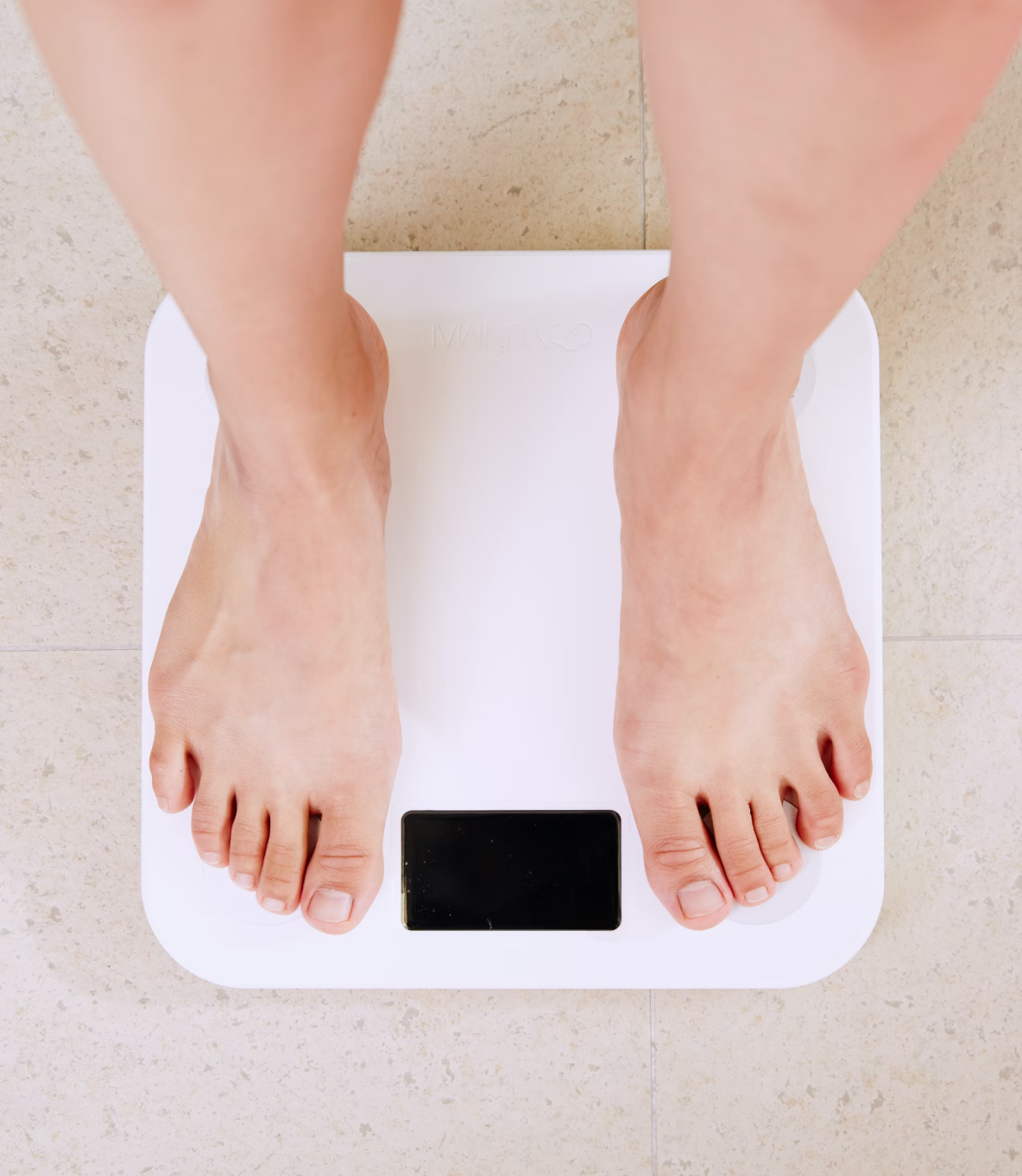Pain, aching or heaviness in the leg muscles when walking or climbing stairs.
Peripheral Arterial Disease (PAD)
Peripheral Arterial Disease or PAD is a condition where fatty plaque builds up in the arteries. This plaque can harden and reduce the blood flow to the head, organs, and limbs of the body.
PAD can occur in any blood vessels within the body, but it typically affects the feet, ankles, and legs. When the blood flow is reduced, patients may experience uncomfortable symptoms such as leg pain, cold feet, and pain while resting.
This progressive disease can reduce a patient’s quality of life and affect their mobility. The advanced stage of PAD is Critical Limb Ischemia or CLI and may lead to non-healing wounds below the ankle, gangrene, and the potential for the amputation of the limb as well as other serious health complications like stroke and heart attack.

Request a Free Screening*

Risk Factors
- Smoking
- Older age
- Diabetes
- High Blood Pressure
- History of stroke and coronary heart disease
Symptoms of PAD
A reduced or absent pulse in the ankle or foot.
A lower skin temperature in one limb compared to the other. The skin may feel cool to the touch.
Experiencing pain without physical activity, such as during the night while trying to sleep.
Sores or wounds on the toes, feet or legs that are not healing in a timely manner or do not heal at all.
Contact Us for a Consultation
United Vein & Vascular Centers are Nationally IAC accredited facilities which means they have undergone a thorough review of their operational and technical components by a panel of experts in the field .Your vein health and quality of life are important. Treatment for common vein conditions like spider veins or varicose veins are typically quick and easy, requiring no down time or hospital stays.
There’s never been a better time to address your vein health issues. Most insurance providers including Medicare cover vein treatments; feel free to ask us about your coverage. We’re available to answer any questions or address any concerns you may have about vein health or treatment. Call us today to talk about taking charge of your vein health.